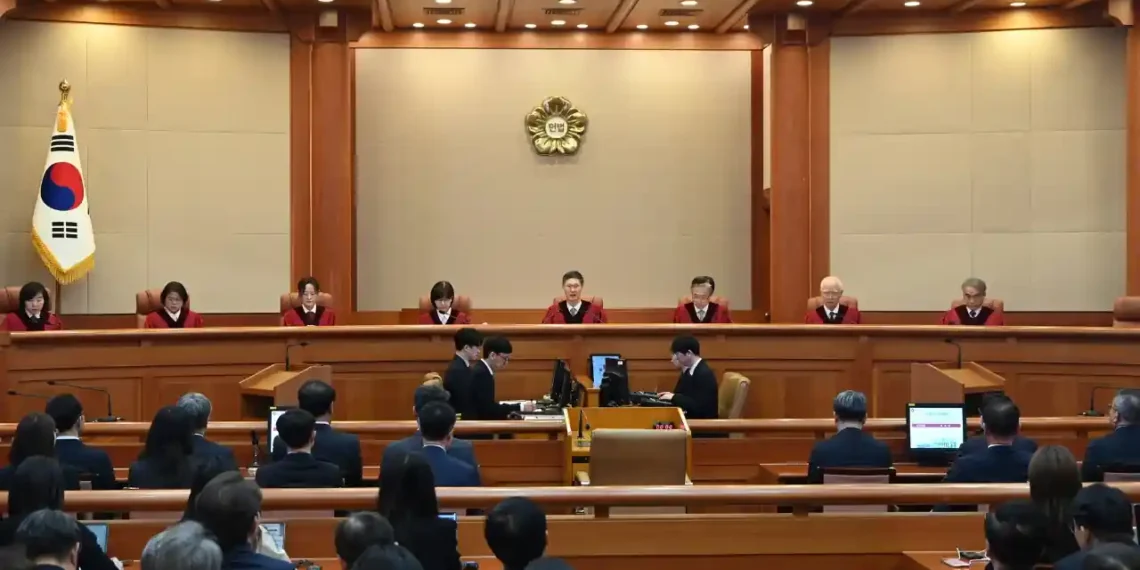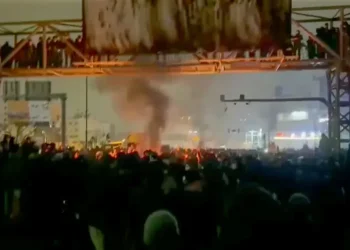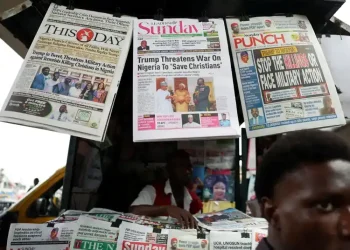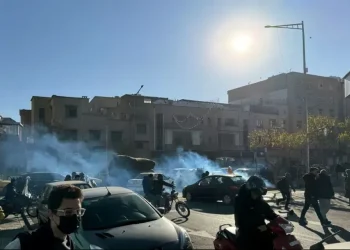South Korea Still Reeling: Why Did President Yoon Declare Martial Law?
The ousting of President Yoon Suk Yeol has left South Korea in shock — and sharply divided. As the country prepares to elect a new leader, one question continues to echo across the nation: What led Yoon to declare martial law on December 3?
The court’s decision to remove Yoon from office sparked powerful, conflicting reactions in downtown Seoul — a sea of cheers, tears, and protests. Thousands took to the streets, some dancing in joy, others screaming in disbelief.
Yoon’s dramatic fall from power has only deepened South Korea’s political divide, setting the stage for a bitter presidential campaign just two months away.
At the heart of the controversy is Yoon’s decision to deploy heavily armed troops around the National Assembly. In any democracy, this would be a serious move. But in South Korea — where memories of past military dictatorships still linger — it was especially alarming.
Many are still asking: What was he thinking?
Yoon’s supporters frame his martial law decree as a necessary response to national threats. They claim liberal lawmakers — particularly from the opposition Democratic Party — were blocking his efforts to combat alleged interference from North Korea and China.
Supporters like Kim Min-seon argue that Yoon was standing up against a foreign-backed assault on South Korea’s democratic institutions through cyberattacks and disinformation. Others, such as Kwon Kyung-hee, insist the president acted to uncover what they believe was widespread election fraud — despite there being no evidence to support such claims.
“The president made a crucial decision to expose massive wrongdoing,” said Kwon during a recent rally.
Opponents tell a very different story. They accuse Yoon of being increasingly swayed by conspiracy theories and right-wing media — and of using martial law to distract from growing corruption scandals.
“This was a terrible political decision made by a foolish former prosecutor,” said Choi Hyun-seok, a Seoul office worker. “He mistook compromise for surrender.”
Central to the criticism is an unfolding scandal involving Yoon and his wife, Kim Keon Hee. Allegations suggest they may have influenced the selection of a parliamentary candidate in 2022 through an election broker, Myung Tae-kyun — a claim Yoon denies.
The timing has raised eyebrows: Myung reportedly planned to turn over a phone containing messages linked to the president and first lady just one day before Yoon declared martial law.
“Isn’t this too coincidental to be dismissed as mere chance?” said Democratic Party floor leader Park Chan-dae.
Prosecutors have painted a more complex picture. Their indictments cite multiple factors behind Yoon’s drastic move — including disputes with the opposition over budget cuts, impeachment efforts, and unfounded fears of election tampering. While the corruption scandal is mentioned, it’s not named as the sole motivator.
Still, the suddenness of Yoon’s decision — and the sheer magnitude of sending troops into the heart of government — has left many questioning his judgment and motivations.
With both Yoon’s conservative party in disarray and the opposition leader also facing corruption allegations, South Korea’s political future is uncertain.
What’s clear is that the stakes are high. The next president will inherit a deeply fractured nation — and will play a crucial role in shaping relations with nuclear-armed North Korea, an increasingly assertive China, and a more protectionist United States.
As voters prepare for the polls, South Koreans aren’t just choosing a leader. They’re deciding what kind of democracy they want their country to be.
This article was rewritten by JournosNews.com based on verified reporting from trusted sources. The content has been independently reviewed, fact-checked, and edited for accuracy, neutrality, tone, and global readability in accordance with Google News and AdSense standards.
All opinions, quotes, or statements from contributors, experts, or sourced organizations do not necessarily reflect the views of JournosNews.com. JournosNews.com maintains full editorial independence from any external funders, sponsors, or organizations.
Stay informed with JournosNews.com — your trusted source for verified global reporting and in-depth analysis. Follow us on Google News, BlueSky, and X for real-time updates.














